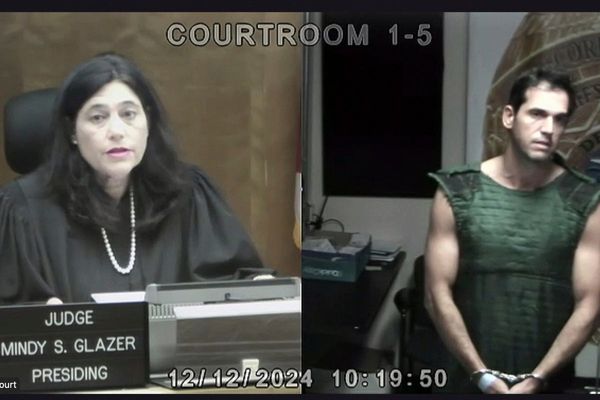
The only known descendant of a Senegalese rifleman killed by French forces in the 1944 Thiaroye massacre has filed a legal complaint against the French state, accusing it of concealing mass graves and blocking justice.
Biram Senghor, 86, is the son of M’Bap Senghor, one of dozens of West African riflemen, known as tirailleurs senegalais, who were shot by French colonial forces in Thiaroye near Dakar after returning from World War II service in Europe.
The soldiers were demanding unpaid wages when the army opened fire on 1 December, 1944.
"My father fought for France. He returned to ask for what he was owed and was killed," Senghor told France's AFP news agency from his home in central Senegal. “I still don’t know where he’s buried.”
His lawyer, Mbaye Dieng, filed a legal complaint Tuesday in a Paris court. It targets both the French state and unidentified persons for "concealment of a corpse" – a crime under French law when linked to violence.
Dieng argues that France deliberately withheld the locations of mass graves and key historical records.
“For years the family was told M’Bap Senghor had deserted,” Dieng said. “Now they acknowledge he died at Thiaroye, but his burial site remains unknown.”
Visual retelling of Thiaroye massacre sheds new light on French colonial atrocity
Archeological dig
French authorities at the time admitted to at least 35 deaths, but historians estimate there could be more than 300. Despite decades of advocacy, the massacre’s full scale and burial details remain unknown.
In July 2024, six soldiers killed at Thiaroye – including M’Bap Senghor – were officially recognised as having “died for France”, a symbolic gesture that Senegalese advocates say falls short of justice.
In December of that year, President Emmanuel Macron officially recognised the killings as a massacre – calling it a tragedy that demands the uncovering of the full truth.
Recent archaeological digs launched by the Senegalese government have uncovered human remains with bullet wounds at Thiaroye cemetery. Officials say the findings underscore France’s failure to fully disclose the truth.
“The French government continues to stall,” said Senghor. “They want me to die so the matter can be buried with me.”
France maintains that relevant archives have been opened, citing a 2014 pledge by former president François Hollande. But critics say access remains complicated.
“After 80 years, we ask only for truth and dignity,” Dieng said. “And for France to pay what it owes.”
(with AFP)







